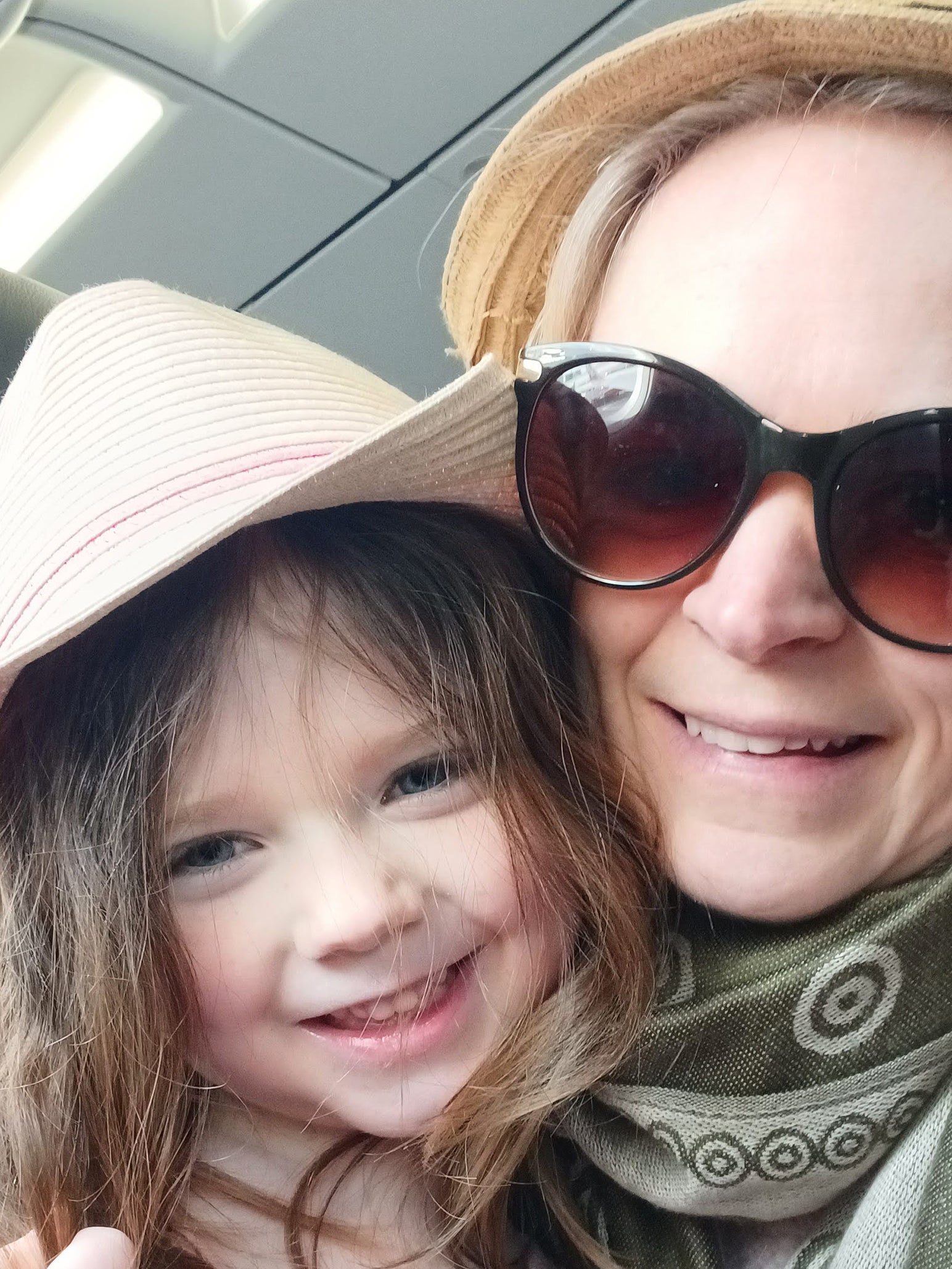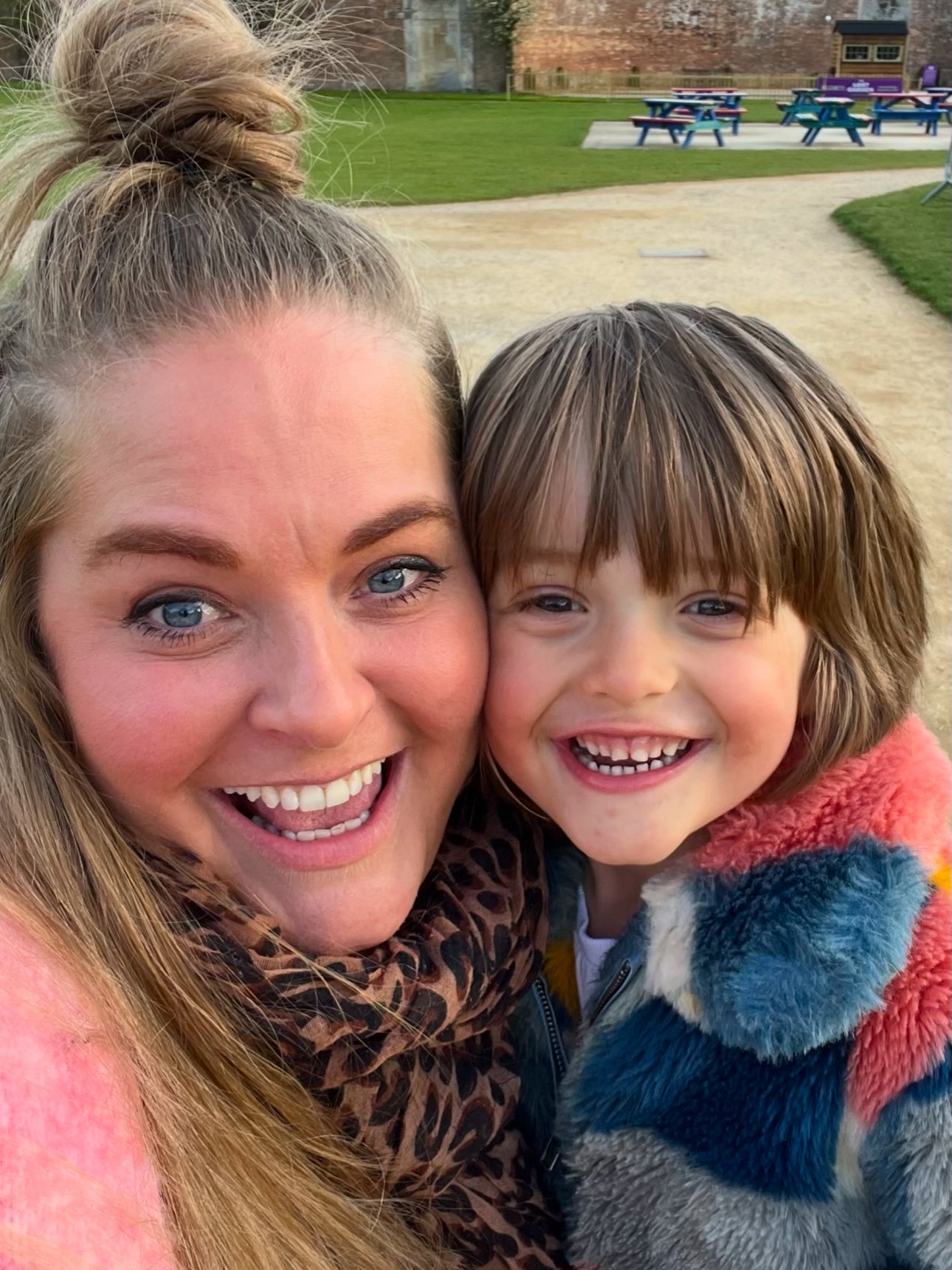I gave up on dating to have solo IVF. This is what you should know
Recent reports suggest that more than 4,800 women are choosing to forgo finding a partner as they begin their journey to motherhood. Zoë Beaty meets people who’ve found freedom in pursuing their own fertility treatment


The process begins with some simple selections, Liv Thorne explains. On the sperm donor website, there are several filters, including height, weight and hair colour. Should you choose blue or brown eyes for the father of your unborn child? What’s this man’s favourite colour? “And you scroll through, and then at some point you make your choice,” she says. “Fingers crossed – add to basket.
“Oh,” she continues. “And the ‘basket’ is a pram.”
Liv is one of a growing number of single women in the UK opting to become a solo parent via in vitro fertilisation (IVF) or artificial insemination. Over the last decade, the number has tripled, according to data published this week by the Human Fertilisation and Embryology Authority.
Its latest report showed that in 2022, 4,800 single women used donor insemination in an effort to have a child, up from 1,400 12 years earlier. The average age of women seeking this treatment is 36 – which is exactly the age at which Liv started her journey, on Google.
The first thing she searched for was “sperm donor” and then “fertility clinics”, but she was quickly overwhelmed. She sought a bit of advice from a friend working in that sector, and had a few blood tests with her local GP. But it wasn’t long before she took the plunge. “I chose the first fertility clinic in London that came up,” Liv says.
She made decisions quickly – like which clinic to use, and which sperm donor (from a bank in Europe) – because it would have been all too easy to overthink. “There’s so much to think about and there are no right answers. Have I chosen the right donor? Who knows. It’s not like you ‘add to basket’ and there’s confetti and a big ‘Well done, it’s a match!’”
Liv chose to use intrauterine insemination as her preferred method over IVF – it’s a less costly and less invasive procedure, whereby the donor sperm is placed at the top of the cervix during ovulation, “a lot like a smear test”, she says. She promised herself she would do four rounds; the first three failed. She was disheartened.

“This was something I’d wanted for my entire life,” she explains. “I’d just assumed it was in my future. For years I told myself, maybe I’ll meet someone next year, maybe it’ll happen then. But it just didn’t. By my late twenties, I was joking with friends about going it alone with a turkey baster. By 36, it was no longer a joke; I wanted this so much.
“I’d go to the clinic each month wearing lucky pants, having had a manicure – all these rituals – convinced it was the day I’d get pregnant. And then faced telling my friends, who were incredibly supportive, each time that it didn't work. I took a few months off, and by the fourth and final round I was just going through the motions.”
This time, it worked. In 2017, Liv became pregnant, and spent the following 42 weeks “incredibly sick” but also overjoyed. Like Mel Johnson, who had her daughter, Daisy, via IVF with a sperm donor, she didn’t mind being alone. “I actually found it to be a positive thing during pregnancy,” Mel explains. “I was so tired, absolutely exhausted; it meant that I could just go to work and go straight to bed without having to make idle conversation with anyone.”
Mel, from Southport, was also 36 when she made the decision to parent solo 10 years ago, having never found the right person to start a family with while dating. Her life was full – she had a great career in marketing, had lived abroad, and had a big and brilliant group of friends. But being a parent was the one thing missing.

“I wanted to do it with a partner – that was my absolute preference,” she explains. “I started to worry that I was going to miss out on being a parent because I couldn’t find someone. This was years ago; I didn’t know a single other person who had [had a baby on their own]. I felt very alone. In the end, my fear of doing it alone became less than my fear of missing out altogether.”
Both women say that, while others might look at their decision as a hard choice – and one that would make life harder as a parent – it’s not really all that different from many of their friends’ experiences. In fact, in many ways it’s easier, says Liv. “It’s hard, but I think parenting with a partner is hard 90 per cent of the time, too.
I had such a hard time letting go of the fairytale. I wish I’d been able to let go of what it ‘should be’ to embrace a different way much earlier, and that I’d been able to see others before me thrive in this situation
“And with a partner, you might have conflicting opinions, or there might be conflict between the two of you, or resentment. If I think that my son should have piano lessons or a PlayStation, I don’t have to run my decision by anyone. Of course, it means that there’s pressure on those decisions. And, financially, it’s incredibly difficult at times.”
When her son, Herb, was born, the enormity of her decision was laid bare. The procedures and other costs, such as “luxury” shipping for the sperm – “If I’ve chosen a sperm, I need it shipped over on a purple velvet cushion,” she jokes – were already £12,000, which she’d paid for by remortgaging her house. Being single meant she could only afford to take a short maternity leave, and childcare costs were astronomical.
Since Liv’s parents both died when she was a teenager, she couldn’t rely on the support of grandparents. She ended up selling her home and relocating to get Herb through the first few years of childcare. Now, she manages her budget meticulously, forgoing luxuries and holidays, to keep them both safe and happy.

Several times she points out that her solo parenthood journey is one of privilege. “I was only able to do this because I owned a house,” she says. “And really, going into this, I hadn’t worked it out enough financially. People think that the emotional realities of raising a kid alone are the hardest, but it’s the practicalities most of the time. To be honest, I’m thrilled I didn’t look into it, as I might not have done it. What you have to remember is that it always works out – it has, and it does.”
Liv, now 44, is able to manage more comfortably, since she owns a design agency and can work flexible hours. She’s also written a book about her experiences, titled Liv’s Alone: Amateur Adventures in Solo Motherhood. Finding a solo parenting community has been the biggest help to her, she says, and Mel agrees.
“Other solo parents understand your situation so well that you immediately get a deep connection with people,” explains Mel, who runs a podcast and support groups for people considering this path to parenthood. “And we all support each other. We go on holidays together; I do an annual camping trip that, last year, had 25 solo parents on it. We do Christmas together – because I’ve had to let people in and ask for help, I’ve created this huge support network around me. It’s brilliant, and really good for Daisy.”

Daisy is now six, and Herb seven – both are fully aware of how they came into the world and unquestioning of their unorthodox family setup. Liv says that she asked Herb a couple of weeks ago if anyone ever asks about his parents at school. “He said he just tells them, ‘I don’t have a dad, I had a donor’, and walks off. He knows everything – I never want him to think that how he came into the world is some dirty little secret, or something to be ashamed of.”
Neither family has any regrets. Both mums are calling for more fertility treatment for single women to be made available on the NHS – currently, finding it is almost impossible. And they want other potential mothers to know that their dream can still come true. It just might look a little different.
“I had such a hard time letting go of the fairytale,” Mel says. “I watched far too many romcoms in my twenties – that happily ever after was so embedded in me, almost without me realising. I wish I’d been able to let go of what it ‘should be’ to embrace a different way much earlier, and that I’d been able to see others before me thrive in this situation.
“Then I wouldn’t have spent so much of my thirties worrying about it. I’d have been living in all this joy instead.”
Join our commenting forum
Join thought-provoking conversations, follow other Independent readers and see their replies
Comments

Bookmark popover
Removed from bookmarks